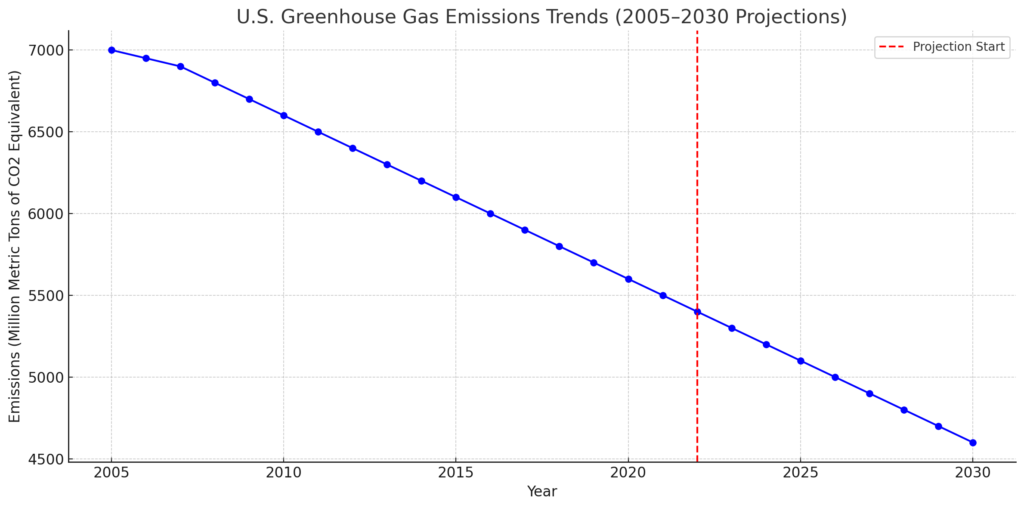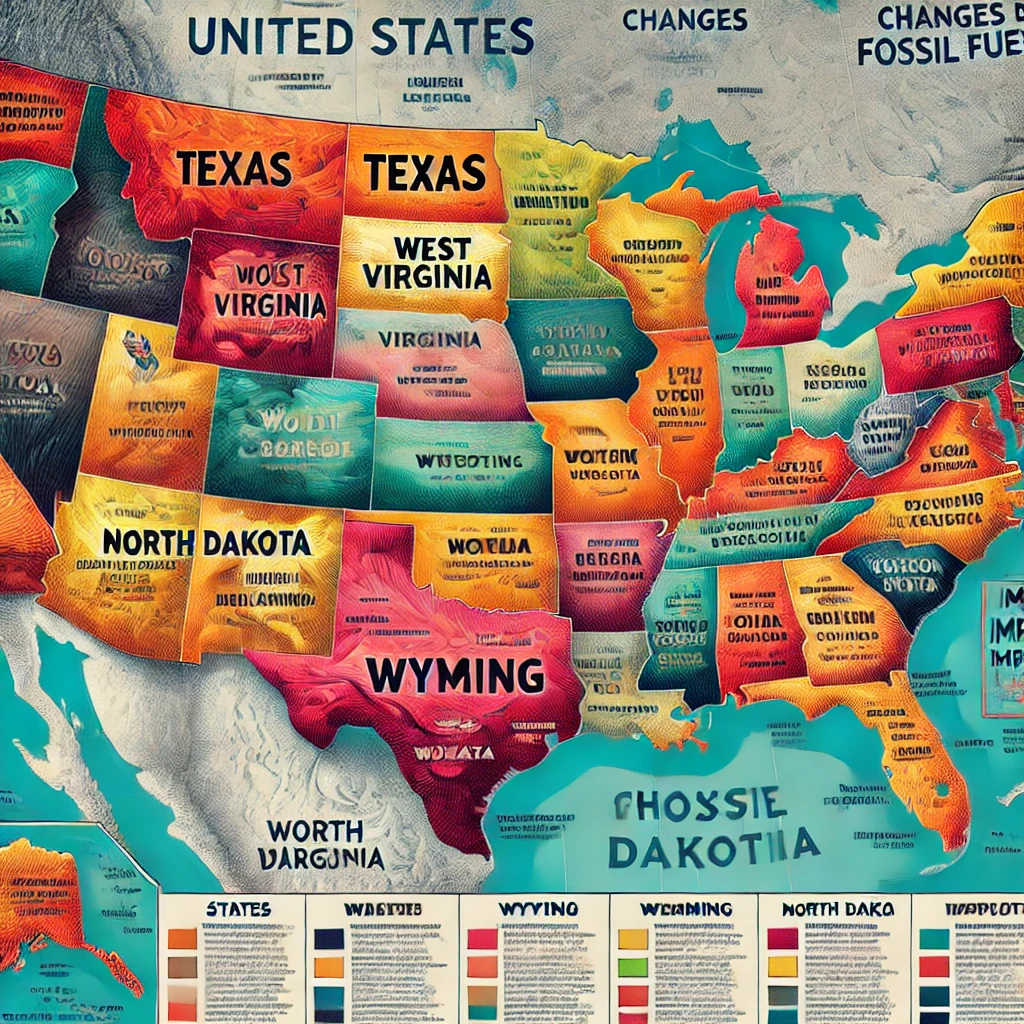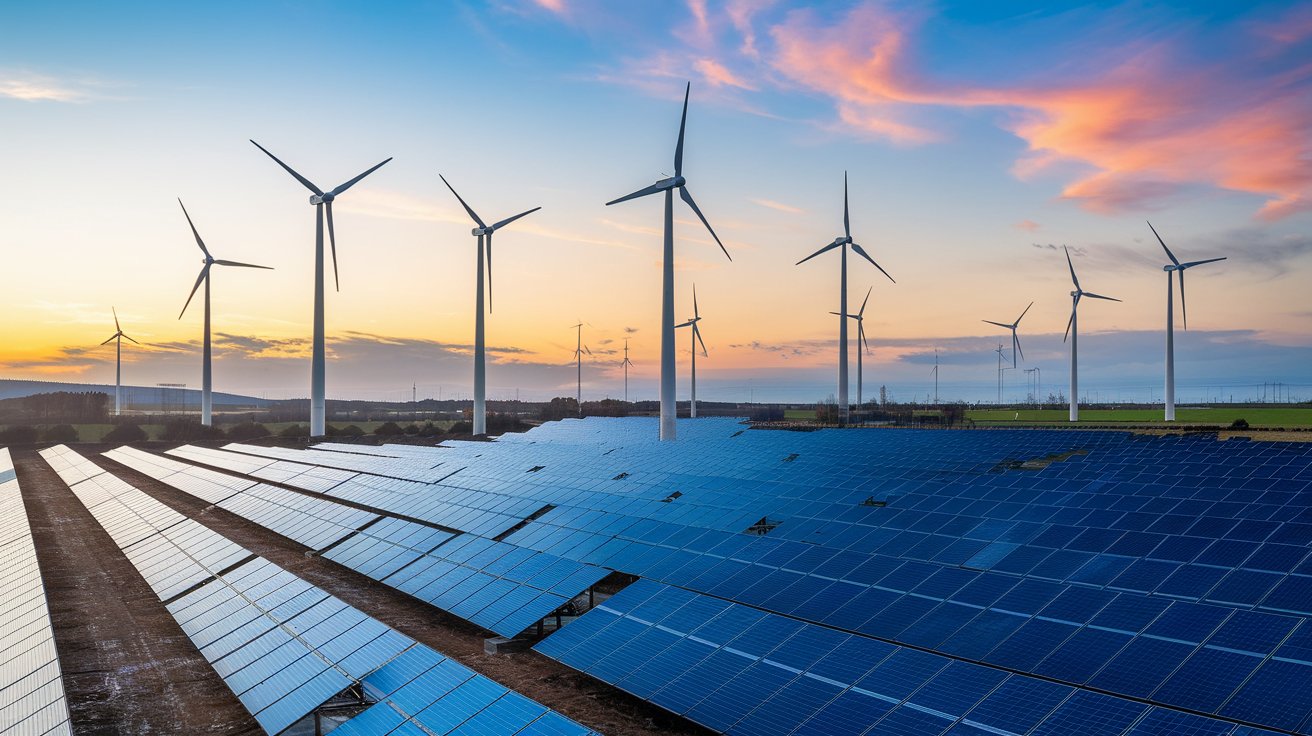Biden’s Bold New Climate Policy Sparks Debate: Will It Save the Planet or Hurt the Economy?
Biden’s bold new climate policy has ignited a nationwide debate, raising critical questions about its potential to save the planet while simultaneously sparking concerns over its economic impact. As the administration pushes forward with ambitious green energy initiatives, experts, policymakers, and citizens alike are divided on whether this policy will be a game-changer for environmental sustainability or a burden on the economy. In this article, we delve into the details of Biden’s climate plan, analyze its potential benefits and drawbacks, and explore how it compares to trending discussions across the web.
Table of Contents
What Is Biden’s New Climate Policy?
President Biden’s climate policy, part of the broader Build Back Better agenda, aims to reduce U.S. greenhouse gas emissions by 50-52% below 2005 levels by 2030. The plan includes significant investments in renewable energy, electric vehicle infrastructure, and clean technology, as well as stricter regulations on fossil fuel industries. Key components of the policy include:
- Clean Energy Tax Credits: Incentives for solar, wind, and other renewable energy sources.
- Electric Vehicle (EV) Expansion: Funding for EV charging stations and consumer rebates for electric cars.
- Carbon-Free Electricity: A goal to achieve 100% carbon-free electricity by 2035.
- Job Creation: Promises of millions of new jobs in the green energy sector.

While the policy has been praised by environmental advocates, critics argue that the transition could lead to job losses in traditional energy sectors like coal and oil, potentially hurting local economies.
The Debate: Environmental Benefits vs. Economic Costs
The heart of the debate lies in balancing environmental progress with economic stability. Proponents of the policy argue that the long-term benefits of reducing carbon emissions and mitigating climate change far outweigh the short-term economic challenges. They point to studies showing that renewable energy investments could create more jobs than those lost in fossil fuel industries.

On the other hand, opponents warn that the policy could lead to higher energy costs, inflation, and economic strain, particularly in states reliant on fossil fuel production. For example, states like Texas and Wyoming, which have significant oil and gas industries, could face economic disruptions.
Conclusion
Biden’s bold new climate policy is undoubtedly a landmark initiative in the fight against climate change. However, its success will depend on how effectively the administration can balance environmental goals with economic realities. By staying informed and engaging in the debate, we can collectively shape a sustainable future without compromising economic stability. [USnewsSphere.com]
-
OpenAI Rewrites Pentagon AI Deal, Bans Domestic Surveillance After Public Backlash
Sharing articles Facebook Twitter Pinterest LinkedIn OpenAI Amends Pentagon AI Deal to Bar Domestic Surveillance, Clarifies LimitsOpenAI is revising its Pentagon artificial intelligence contract to explicitly ban the use of its technologies for domestic surveillance and to restrict deployment by U.S. intelligence agencies, following intense public criticism and internal dissent. This updated deal aims to
-
Claude AI Down: What Happened, Why It Matters Now, and What Users Should Know
Claude AI Outage Shocks Millions as Second Global Disruption Hits Within 24 Hours Claude AI outage plunged thousands of users into confusion as the advanced Anthropic Claude chatbot and tools went offline in a second global disruption within 24 hours, affecting users across the United States, India, Europe, and beyond. Early reports showed elevated errors,
-
Iran-Israel US War 2026: Why This Matters Now, Global Impact & Latest Updates
Iran-Israel War 2026 headlines dominate global news as coordinated strikes by the United States and Israel hit Tehran and Beirut, triggering widespread retaliation and regional escalation. This conflict began after intense negotiations over Iran’s nuclear ambitions collapsed, leading to a major offensive that killed Iran’s supreme leader and pushed the Middle East to the brink








